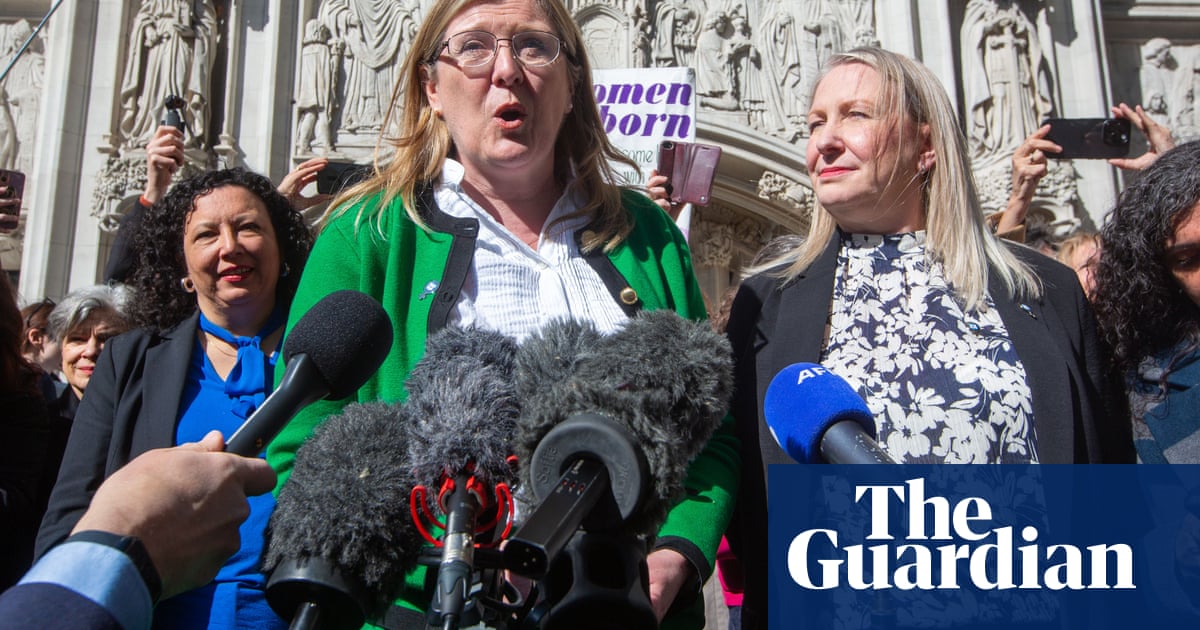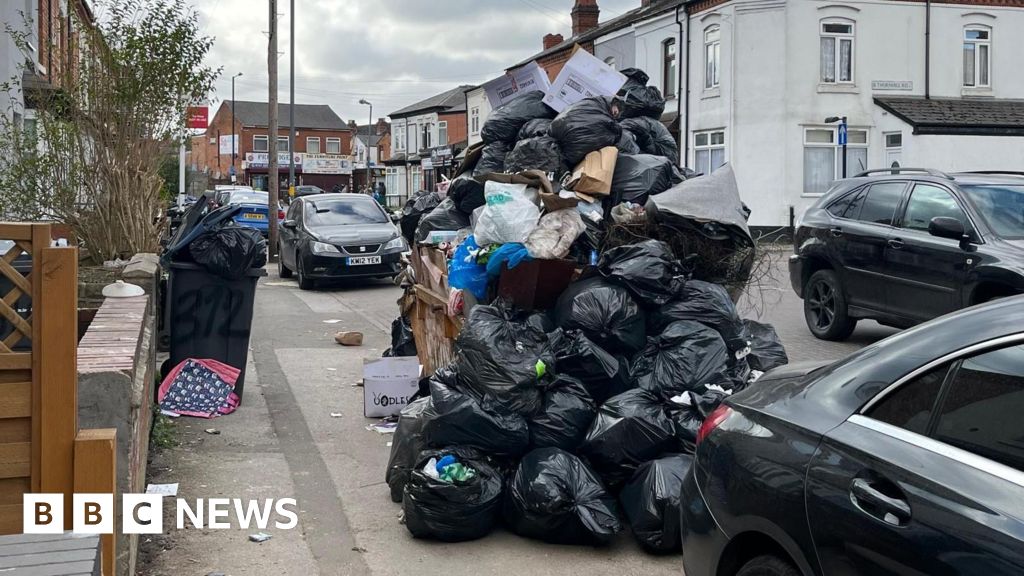Supreme Court Ruling on Gender Recognition Sparks Controversial Debate on Male Violence and Women's Spaces

The recent ruling by the supreme court on gender recognition rights has ignited a heated debate surrounding the implications for single-sex spaces. At the heart of this discussion lies a critical and often overlooked issue: the prevalence of male violence. This form of violence not only affects women but also casts a long shadow over the lives of trans women, yet it is rarely addressed directly in the ongoing debates that seem to pit women against trans women. As a result, the root cause of much of the distress surrounding this issuemale violenceremains largely unexamined.
To better understand the complexities of this situation, it is worth considering how the dynamics would shift if the threat of male violencebe it sexual or physicaldid not exist. What would this conversation look like if the safety of women and trans women were not jeopardized by male aggression? Recognizing and naming the fundamental problems is a crucial first step in addressing this multifaceted issue.
Liz Moylett from Tyne and Wear highlights the confusion that has arisen due to gender self-identification and its inconsistent application across various institutions. Sadly, the most vulnerable individualsparticularly women in precarious situations such as those in prison, those fleeing domestic violence, and patients reliant on NHS serviceshave often borne the brunt of these inconsistencies. There have been numerous documented instances where male-bodied trans women have violated spaces designated for women, further complicating the discussion.
Moylett argues that the supreme court's recent clarification was both necessary and proportionate. It aims to strike a balance that ensures the rights of trans women are acknowledged without compromising the safety of women in spaces traditionally reserved for them. The ruling serves as a reminder that while most individuals are not violating these spaces, organizations must remain vigilant in providing safe environments for all, particularly for those trans women who are also vulnerable to male violence. Such delineation is essential for effective safeguarding measures.
In a powerful statement, Marian Brooke from Hailsham, East Sussex, notes that the debate is not merely theoretical but deeply personal, involving the lives of real people. Gender-critical feminists have consistently emphasized that women, too, are 'real people' who have experienced various forms of abuse, vilification, and fear, often overlooked in political discussions. This sentiment underscores the frustration felt by many who believe the needs of the 50% of the population identifying as women should not be overshadowed by the expectations of a much smaller demographic.
Brooke further asserts that the ruling validates the concerns of those who feel that women's rights have been compromised in favor of accommodating a minority. She believes that the spaces fought for by the womens movement, particularly those that aid recovery from male violence, must be safeguarded to ensure that women can access them without fear.
Stephanie Green from Isleworth, London, reflects on her experience as a mother of a transgender daughter approaching adulthood. She expresses deep concern for what the ruling signifies for her daughter's futureparticularly the impact on her identity and aspirations. Green questions the women who campaigned for the ruling about their awareness of the feelings and realities faced by transgender women. Her daughter, she explains, desires a normal life, one that includes the simple act of using the bathroom without fear or distress. She poignantly shares how the anxiety surrounding public restrooms has left her daughter severely dehydrated, highlighting the everyday challenges faced by transgender individuals.
Green's heartfelt comments shed light on the broader societal issues of acceptance and protection for transgender individuals, emphasizing that existing laws, such as the Equality Act, often fail to shield them from prejudice and discrimination. In a moment of vulnerability, she expressed her disappointment at feeling ashamed to be a woman in light of the recent ruling.
Rachel Isherwood from Broughton-in-Furness, Cumbria, shares her perspective as a trans woman, noting that she has previously navigated women's spaces without causing discomfort. However, she now finds herself questioning her place, feeling more vulnerable than ever. With the current ruling, she expresses her concern about the risk of being unable to use facilities safely without facing ridicule or potential harm. Isherwood argues that while there have been notable instances of mismanagement regarding trans women in single-sex accommodations, these cases should prompt better management rather than sweeping changes that could further jeopardize safety.
In sum, the ruling appears to have created an atmosphere of increased fear and uncertainty, leading many to lament what they perceive as a regression into less progressive times.



























